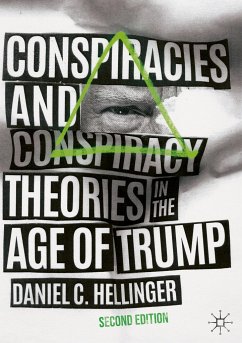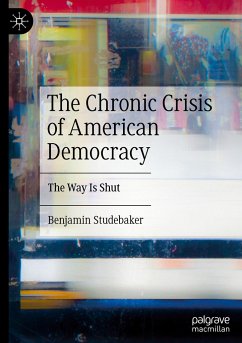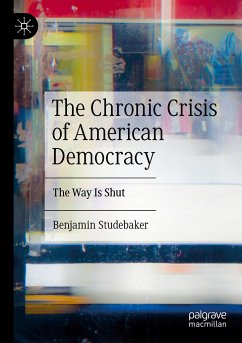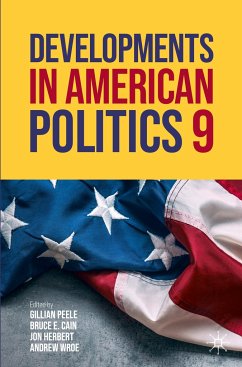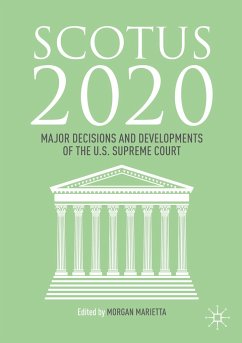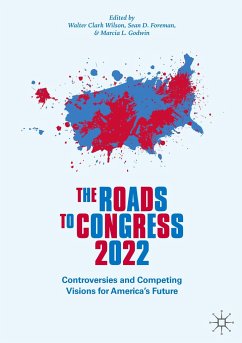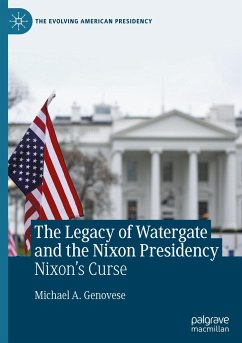
The United States as Global Liberal Hegemon
How the US Came to Lead the World
Versandkostenfrei!
Versandfertig in 6-10 Tagen
83,99 €
inkl. MwSt.
Weitere Ausgaben:

PAYBACK Punkte
42 °P sammeln!
The United States as Global Liberal Hegemon examines America's role as the global liberal hegemon. Using a historical analysis to understand how the United States came to serve as the world leader, Goldberg argues why the role of a liberal hegemon is needed, whether the United States has the ability to fulfill this role, and what the pitfalls and liabilities of continuing in this role are for the nation. He also considers the impact that this role on the global stage has for the country as well as individual citizens of the United States. Goldberg argues that the United States's geographic loc...
The United States as Global Liberal Hegemon examines America's role as the global liberal hegemon. Using a historical analysis to understand how the United States came to serve as the world leader, Goldberg argues why the role of a liberal hegemon is needed, whether the United States has the ability to fulfill this role, and what the pitfalls and liabilities of continuing in this role are for the nation. He also considers the impact that this role on the global stage has for the country as well as individual citizens of the United States. Goldberg argues that the United States's geographic location away from strong competitors, it's role as the dominant economy for much of the 20th century, and its political culture of meritocracy all contributed to the United States taking this role in the 1940s. He also argues that the role of liberal hegemon has shifted to include not only being the international policeperson but also to be the world's central banker, a role that at this time only the United States can fill.





